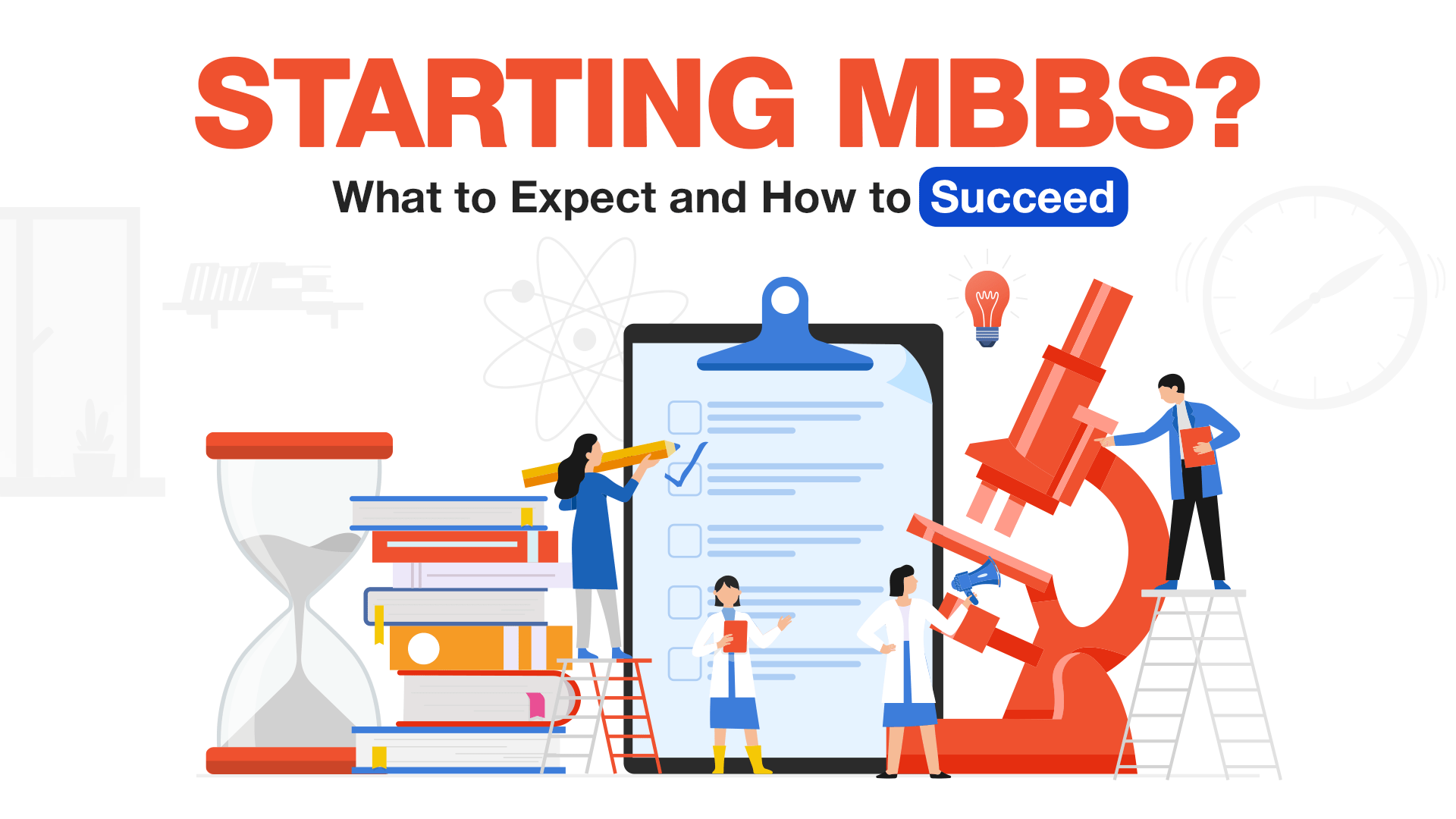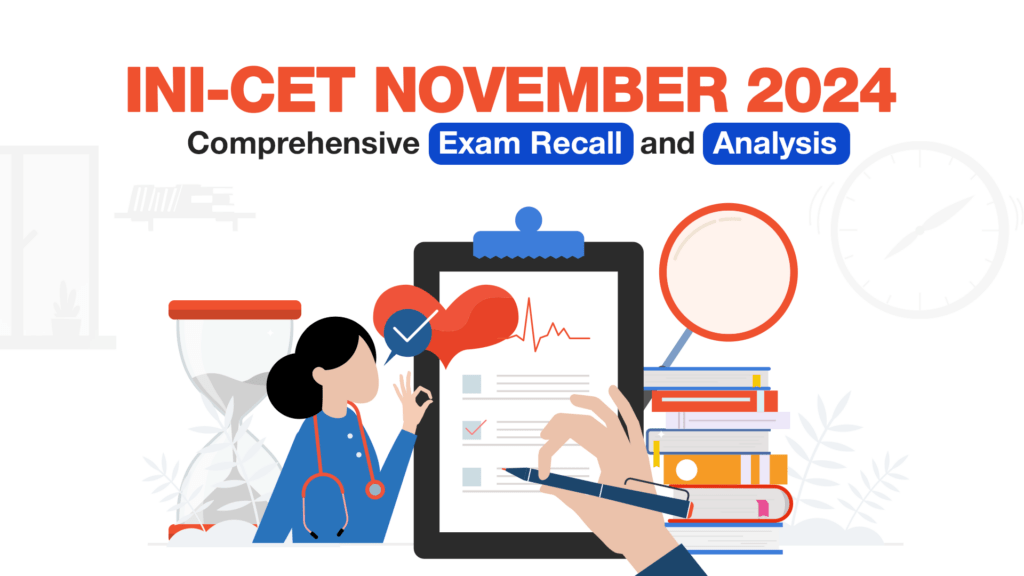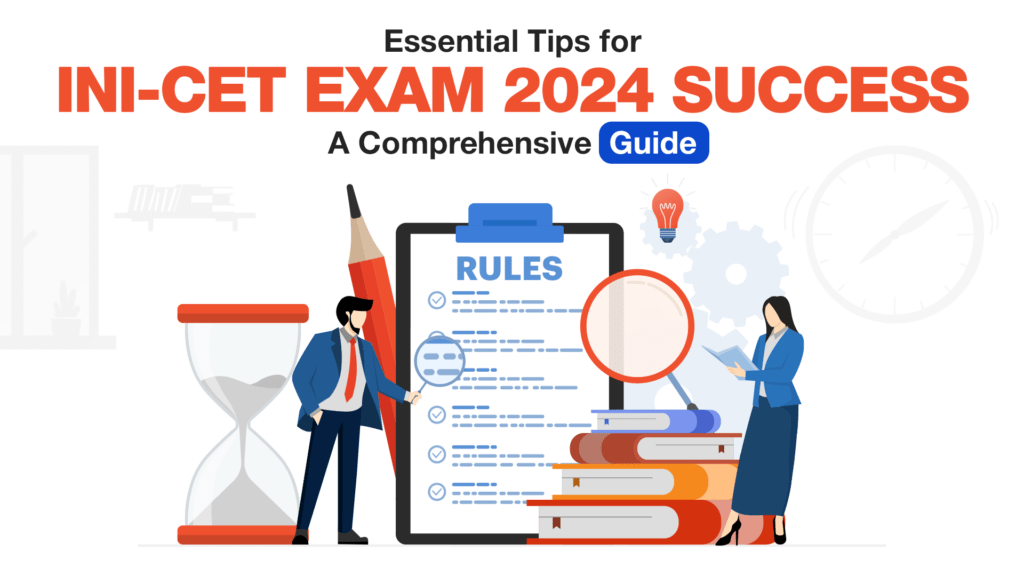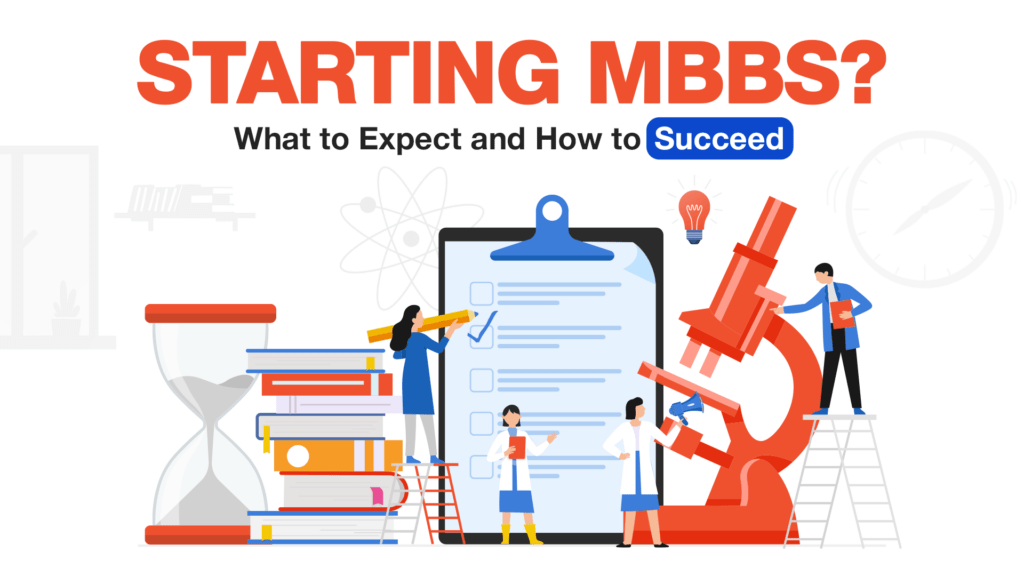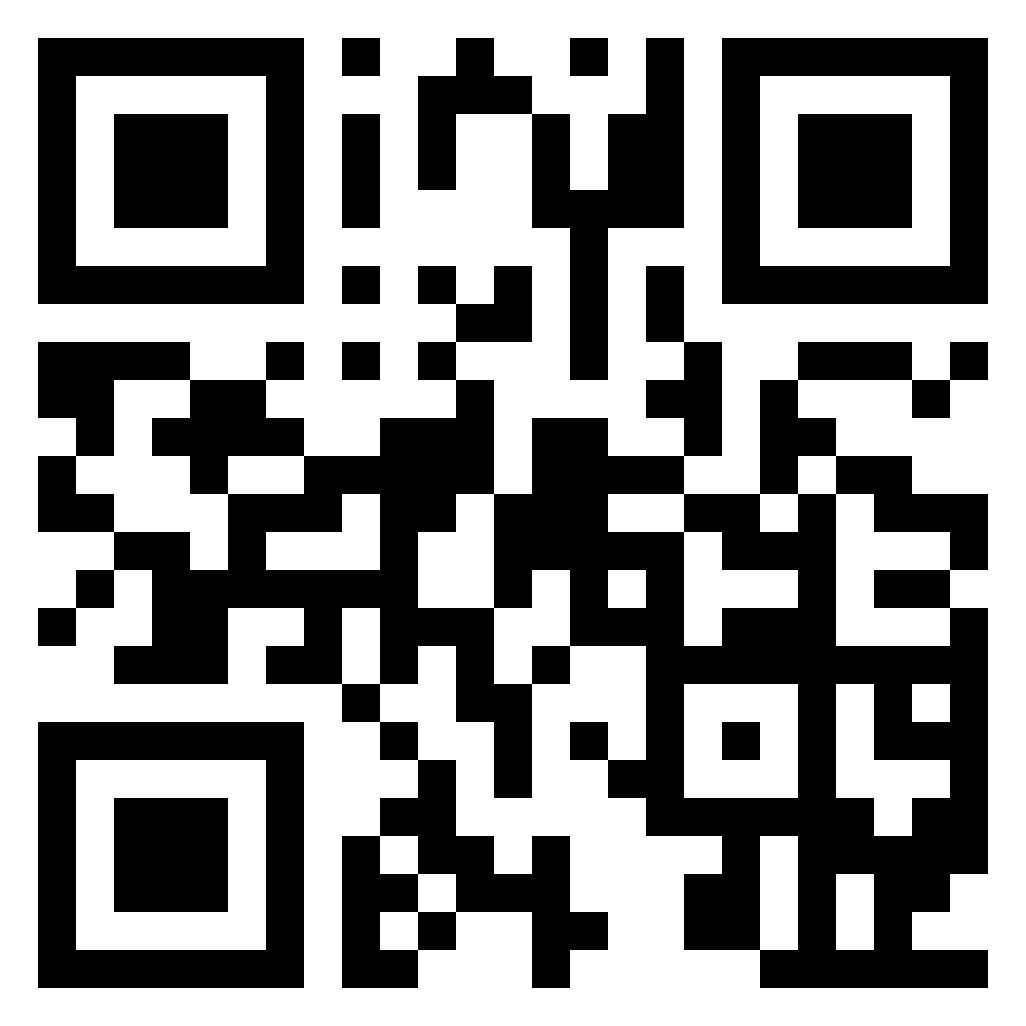Starting your MBBS journey is an exciting yet challenging milestone in your academic career. It’s a path filled with long hours of study, endless textbooks, practical sessions, and constant learning. However, the thrill of acquiring knowledge, developing clinical skills, and ultimately helping patients makes it all worthwhile. While the road ahead may seem overwhelming at times, with the right mindset, strategies, and resources, you can succeed and make the most out of your MBBS experience. This guide will walk you through what to expect in the coming years and how to navigate this demanding yet fulfilling journey.
Understanding the MBBS Curriculum
The MBBS curriculum is meticulously structured to provide a comprehensive education in medicine over a span of approximately 5.5 years, which includes 4.5 years of academic study followed by a mandatory 1-year internship. This curriculum is divided into three main phases:
- Pre-clinical Phase (1 year): This initial year focuses on foundational subjects that are crucial for understanding human biology. Core subjects include:
- Anatomy: The study of the structure of the human body
- Physiology: Understanding how body systems function
- Biochemistry: Exploring the chemical processes within living organisms
- Para-clinical Phase (1 year): In this Phase, students delve into subjects that bridge basic sciences and clinical practice, such as:
- Pathology
- Pharmacology
- Microbiology
- Clinical Phase (2.5 years): This final phase involves hands-on hospital training where students interact with patients and apply their theoretical knowledge in real-world settings. Key subjects include:
- Medicine
- Surgery
- Pediatrics
- Obstetrics and Gynecology
Adapting to the new study patterns and academic expectations can be challenging. Medical education emphasises understanding concepts rather than rote memorisation. Engaging with the material through active learning techniques will enhance retention and comprehension.
Dealing with Academic Pressure
The transition into MBBS can be overwhelming due to the heavy workload and high expectations from both instructors and oneself. Developing effective time management strategies to navigate this demanding environment is essential. Prioritise your tasks by creating a schedule that allocates specific time blocks for studying, attending lectures, and completing assignments. Break larger tasks into manageable segments to avoid feeling overwhelmed. Practicing self-care through regular exercise, adequate sleep, and maintaining social connections can help mitigate stress levels.
Effective Study Techniques for MBBS
To succeed in MBBS, adopting effective study techniques is crucial:
- Active Learning Methods: Utilise tools like flashcards and spaced repetition to reinforce memory retention.
- Group Studies: Collaborating with peers can enhance understanding through discussion and shared insights.
- Utilising Resources: For interactive learning, leverage resources such as textbooks, online videos, educational apps, and platforms like Manipal MedAce.
These methods not only make studying more engaging but also improve information retention.
Practical and Lab Work: Bridging Theory and Practice
Practical knowledge is fundamental in MBBS education. Engaging in dissection labs, clinical rotations, and practical sessions allows students to apply theoretical knowledge in real-life scenarios. These experiences are vital for developing clinical skills such as patient interaction, diagnosis, and treatment planning. In later years, students will focus on building essential clinical skills through hands-on experience in various medical settings. Communication and empathy are critical components of healthcare; thus, cultivating these skills during your training will prepare you for effective patient care.
Staying Motivated Throughout MBBS
Maintaining motivation throughout your MBBS journey can be challenging but is essential for success:
- Set Goals: Establish both short-term and long-term goals to keep yourself focused
- Manage Stress: Develop healthy routines incorporating stress management techniques such as mindfulness or yoga
- Celebrate Progress: Acknowledge small wins along the way to maintain morale
- Social Life: Balance your studies with social activities to prevent burnout
Implementing these strategies will help you stay motivated during your rigorous training.
MBBS Exam Preparation and Strategy
Effective exam preparation is crucial for success in MBBS:
- Structured Study Plan: Create a structured study plan that covers all subjects systematically
- Mock Tests: Regularly take mock tests to familiarise yourself with exam formats and timing
- Managing Anxiety: Practice relaxation techniques before exams to alleviate stress
- Internships: Engage actively during clinical rotations; they provide invaluable real-world experience that enhances learning
Utilising Manipal MedAce for MBBS Preparation
Manipal MedAce offers an array of resources designed to enhance your learning experience in key subjects like anatomy, physiology, and biochemistry:
- Interactive Learning Tools: The Manipal MedAce app provides access to educational videos, quizzes, and interactive content tailored for medical students.
- Self-Paced Learning: Utilise online tools that allow you to learn at your own pace while reinforcing core concepts through engaging materials.
- Comprehensive Study Plans: Manipal MedAce helps structure an effective MBBS study plan that aligns with curriculum requirements.
By understanding the curriculum, managing your academic pressure, employing effective study techniques, and making the most of resources from Manipal MedAce, you can navigate MBBS successfully. Remember to focus not just on theoretical knowledge but also on developing clinical skills, empathy, and communication, which are essential for a successful medical career. Stay motivated, manage your time well, and celebrate your progress every step of the way.
FAQ’s
What should I expect in the first year of MBBS?
In the first year of MBBS, expect intense study of Anatomy, Physiology, Biochemistry, practical labs, and academic adjustments.
Is MBBS’s first year tough?
Yes, the first year of MBBS can be tough due to the vast syllabus, new subjects, intense workload, and adaptation to academics.
What are the main subjects in the MBBS curriculum?
The main subjects in the MBBS curriculum include Anatomy, Physiology, Biochemistry, Pharmacology, Pathology, Microbiology, Medicine, and Surgery.
How many hours should I study daily for MBBS?
For MBBS, aim for 6-8 hours of focused daily study, balancing theory, practicals, and regular revisions.
How can I manage my time effectively during MBBS?
To manage time effectively in MBBS, create a study schedule, prioritise tasks, take breaks, and balance theory with practicals.
How can I cope with stress during MBBS?
Cope with MBBS stress by practising self-care, exercising, maintaining a support system, managing time well, and seeking help.
What is the best way to study Anatomy in 1st year MBBS?
The best way to study Anatomy is through regular dissection, diagrams, spaced repetition, 3D models, and active recall techniques.

